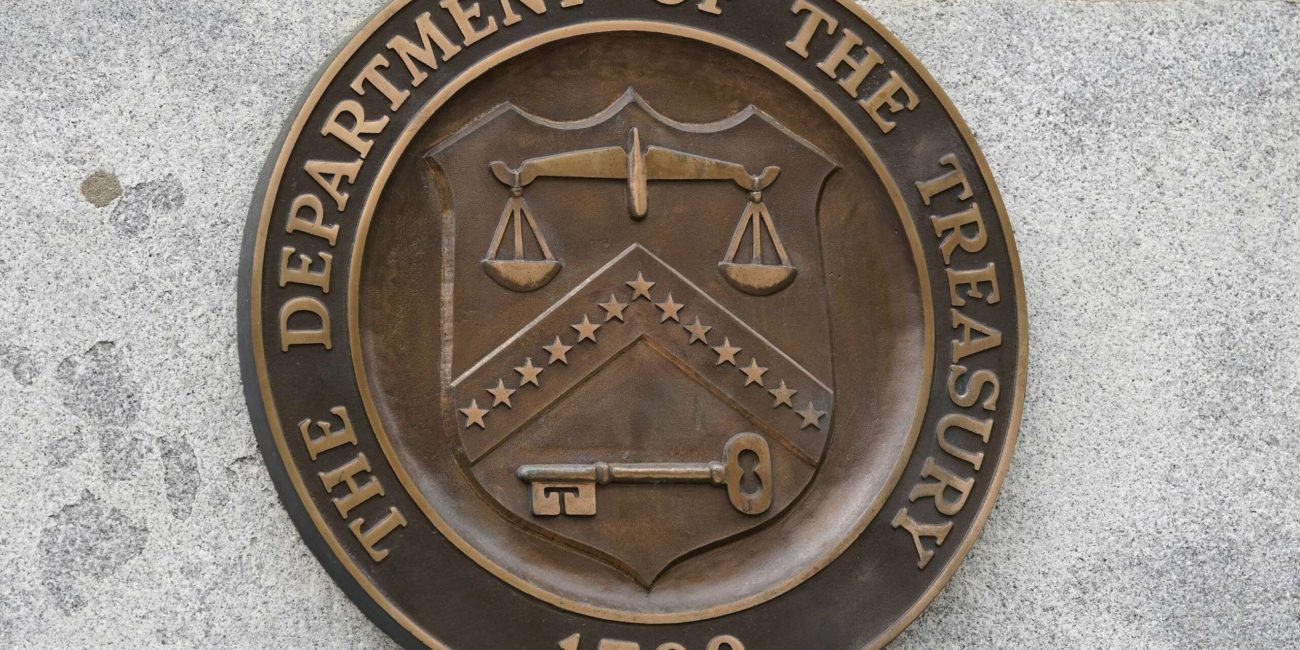Treasury working to streamline agency access to anti-fraud data
Treasury is trying to make it easier for agencies to access its anti-fraud data, including by potentially deploying fraud checks directly to agency systems.
The Treasury Department is working to streamline how agencies can access its anti-fraud data through automation and other approaches.
Justin Marsico, Treasury’s assistant commissioner for fraud prevention and financial integrity, said the agency is trying to “make the process of fraud and improper payment detection more automated and more behind the scenes.”
Under a March executive order from President Donald Trump, for instance, Treasury is working to screen federal payments to ensure agencies are not unknowingly sending federal dollars to dead people.
Marsico said during an Aug. 20 webinar hosted by NextGov, “We can do it behind the scenes. As the payments are coming to Treasury, we can identify whether they’re going to deceased payees, and if there’s not a specific reason why that needs to happen, pulling those out and letting the agency proceed with the rest of their payments.”
Marsico said Treasury is also working to deploy its anti-fraud data directly to federal agency systems. Currently, agencies need to go to Treasury databases, such as the Do Not Pay system, to verify the eligibility of a person or business receiving a federal payment.
“They don’t have to take an extra step,” Marsico said. “They’re just going through the process of entering a grantee into the system, and they’re seeing a flag come up, or they’re seeing that it’s a green path forward. And I think that’s the way that we can get to 100% compliance and establish that floor of security to stop financial fraud.”
Marsico also discussed efforts by Treasury and the Office of Management and Budget to bolster the Do Not Pay database. The March executive order directed Treasury and OMB to minimize administrative barriers to accessing and using data to prevent fraud and improper payments.
“I think the biggest challenge that that we face in the in the antifraud community is related to the legal regime for sharing data,” Marsico said. “In general, it’s very difficult and very challenging to share data in the government and across agencies, and specifically, if the reason that you’re doing it is to potentially stop someone from receiving a payment or a benefit, it’s even more difficult.”
He said Treasury is working with OMB “to make the onboarding process to get access to data sources easier.”
“We also, in some cases, need specific legislative authority to add new databases to be able to screen new types of use cases and to stop different types of root causes,” Marsico added.
Treasury is examining the root causes of improper payments and evaluating the data sources needed to address fraud. Marsico specifically pointed to data on income as a potential key data source.
“If a person doesn’t know their income or assets and they guess or they are over reporting, or under reporting, that can affect whether they receive benefits from that program,” Marsico said. “So that’s an example of a data source which, if we were able to provide it centrally from the Treasury Department as a part of Do Not Pay, we could provide an extra check to ensure that those individuals who are applying for the program are actually eligible under the rules that the agency has.”
Copyright
© 2025 Federal News Network. All rights reserved. This website is not intended for users located within the European Economic Area.





No Comment! Be the first one.